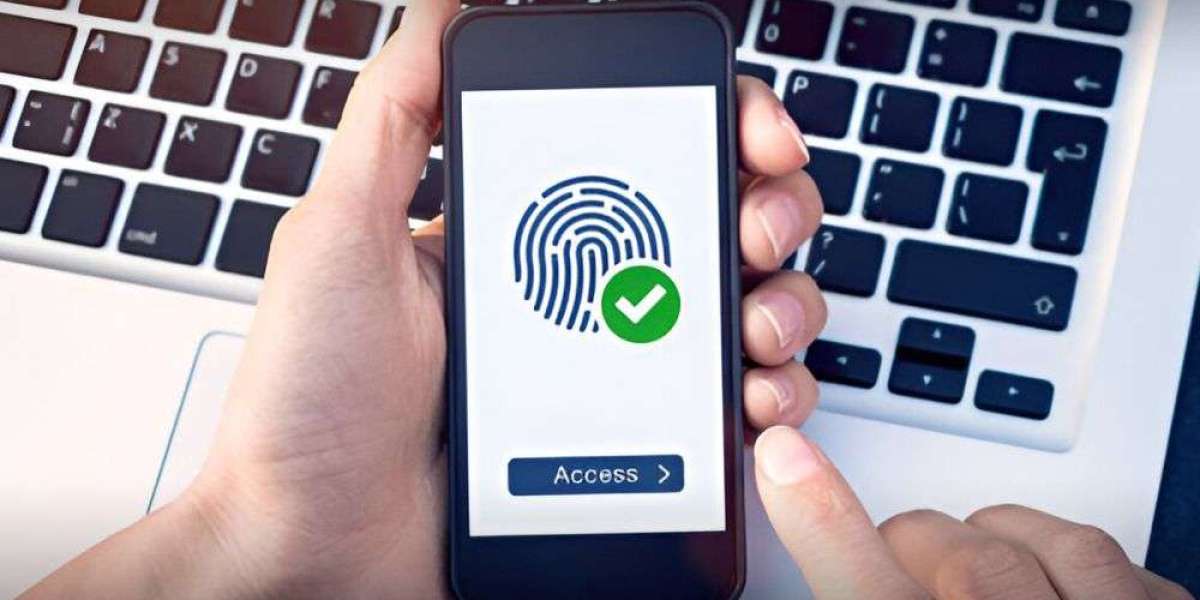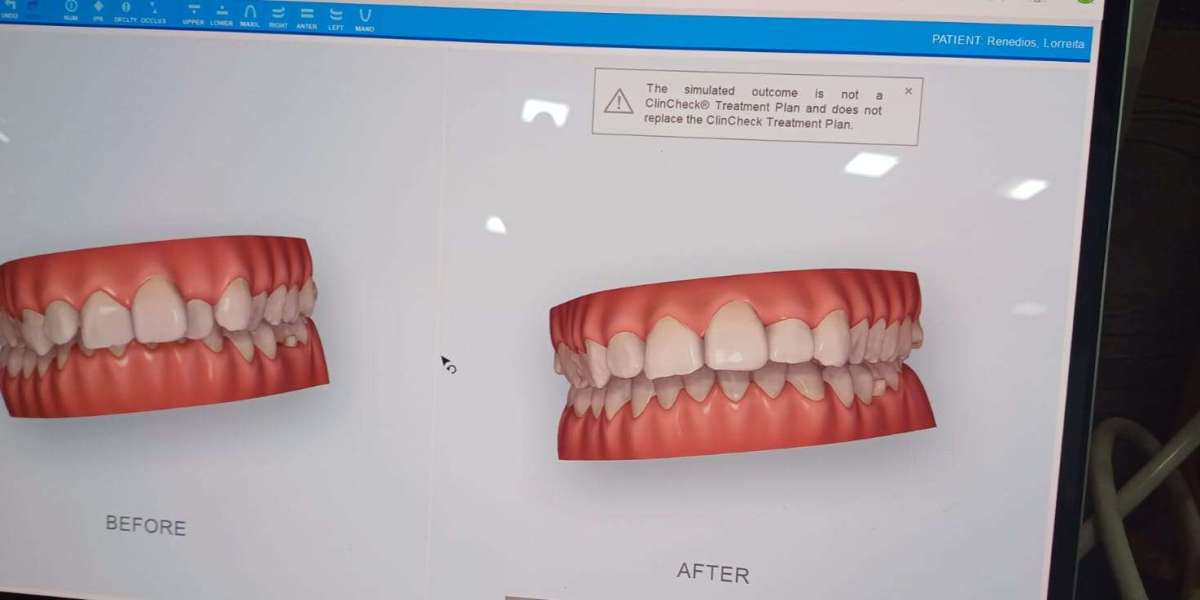Medical technology services significantly enhance patient care by leveraging advanced tools and systems to improve diagnosis, treatment, and monitoring. These services streamline communication among healthcare providers, ensuring that vital patient information is easily accessible and up-to-date. Technologies such as telemedicine expand access to healthcare, allowing patients to receive care remotely, which is especially beneficial for those in rural or underserved areas. Additionally, data analytics enable personalized treatment plans tailored to individual patient needs, improving treatment effectiveness. By incorporating wearables and remote monitoring devices, healthcare professionals can track patient health in real-time, facilitating timely interventions and fostering better patient engagement. Overall, medical technology services are crucial in delivering high-quality, efficient healthcare.
Enhanced Diagnostic Accuracy
The importance of accurate diagnosis in healthcare cannot be overstated. Medical technology services leverage advanced diagnostic tools and imaging technologies to provide clearer insights into a patient's health. For instance, magnetic resonance imaging (MRI) and computed tomography (CT) scans offer high-resolution images that can reveal complex health issues that might be missed by traditional methods. These technologies enable healthcare providers to identify conditions such as tumors, fractures, or internal bleeding with greater precision.Furthermore, innovations like digital pathology allow pathologists to examine tissue samples through high-quality digital images, making it easier to identify disease processes. These advancements not only improve diagnostic accuracy but also facilitate remote consultations among specialists, leading to more comprehensive care. Consequently, accurate diagnoses translate into effective treatment plans, reducing the time to initiate treatment and enhancing patient outcomes.
Streamlined Communication Among Healthcare Providers
Effective communication is fundamental to coordinated patient care.Medical technology services improve communication through Electronic Health Records (EHRs) that centralize patient data in a digital format accessible to all authorized healthcare providers. This system allows for seamless sharing of crucial information, such as medical history, allergies, medications, and test results, among various departments and specialists.In addition, EHRs reduce the chances of medical errors that can arise from miscommunication or incomplete information. For example, a physician treating a patient may quickly access prior lab results, which helps inform treatment decisions. Furthermore, real-time updates to a patient's health status can be shared instantly with all relevant healthcare professionals, ensuring that everyone involved in the patients care is on the same page. By streamlining communication, medical technology services create a cohesive care environment, significantly enhancing patient safety and quality of care.
Telemedicine Expanding Access to Care
Telemedicine represents a significant advancement in healthcare delivery, providing patients with convenient access to medical services without the need for in-person visits. Medical technology services facilitate virtual consultations through video conferencing tools, enabling healthcare providers to assess, diagnose, and treat patients remotely.This approach is particularly beneficial for individuals living in rural or underserved areas, where healthcare facilities may be scarce. For instance, patients with chronic conditions such as diabetes or hypertension can receive ongoing monitoring and guidance from healthcare professionals without the burden of travel. Additionally, telemedicine significantly reduces wait times for appointments and allows for timely interventions, which can be crucial in managing acute conditions. As a result, telemedicine enhances access to healthcare services, improves patient satisfaction, and ensures continuity of care.
Personalized Treatment Plans Through Data Analytics
The advent of big data and analytics has revolutionized how healthcare providers approach treatment planning. Medical technology services utilize sophisticated data analytics to gather and analyze extensive patient data, including medical history, genetic information, and lifestyle factors. This wealth of information allows healthcare providers to develop personalized treatment plans tailored to individual patient needs.For example, data analytics can help identify which patients are at higher risk for certain conditions, enabling proactive interventions. In oncology, genetic profiling of tumors can inform targeted therapies that are more effective and less harmful than traditional treatments. By harnessing the power of data analytics, medical technology services not only improve treatment effectiveness but also enhance patient satisfaction and engagement, as patients feel their unique circumstances are being considered in their care.
Improved Patient Monitoring and Compliance
Continuous patient monitoring is essential for managing chronic conditions and ensuring adherence to treatment plans. Medical technology services offer a variety of remote monitoring tools, including wearable devices that track vital signs such as heart rate, blood pressure, and glucose levels. These devices allow healthcare providers to collect real-time data, enabling timely interventions when abnormal readings are detected.Moreover, these technologies empower patients to take an active role in their health management. For instance, individuals can receive alerts on their mobile devices when their health metrics fall outside of normal ranges, prompting them to seek medical advice or adjust their treatment. This proactive approach not only improves patient compliance with prescribed treatment plans but also enhances overall health outcomes by facilitating early detection of potential complications.
Enhanced Patient Education and Engagement
Patient education is a vital component of effective healthcare. Medical technology services enhance patient education through various digital platforms, such as mobile applications, patient portals, and educational videos. These tools provide patients with access to information about their medical conditions, treatment options, and healthy lifestyle choices.For example, a patient diagnosed with hypertension can use a dedicated app to learn about dietary changes, medication adherence, and lifestyle modifications that can help manage their condition. Moreover, interactive features allow patients to ask questions, schedule appointments, or access support resources. This enhanced access to information fosters patient engagement, enabling individuals to make informed decisions about their health and treatment, which ultimately leads to better health outcomes.
Integration of Artificial Intelligence and Machine Learning
The integration of artificial intelligence (AI) and machine learning in medical technology services is transforming patient care in unprecedented ways. AI algorithms can analyze vast amounts of healthcare data to identify patterns, predict outcomes, and support clinical decision-making. For instance, machine learning models can assist in early disease detection by analyzing imaging data or patient symptoms.In radiology, AI-powered tools can identify anomalies in X-rays or MRIs, alerting radiologists to potential issues that may require further investigation. Additionally, AI can help streamline administrative tasks, such as scheduling appointments and managing patient flow, allowing healthcare providers to focus more on patient care. By leveraging these technologies, healthcare providers can enhance diagnostic accuracy, reduce treatment delays, and ultimately improve the quality of care delivered to patients.
Conclusion
Medical technology services are pivotal in improving patient care through enhanced diagnostic accuracy, streamlined communication, expanded access to care via telemedicine, personalized treatment plans, improved monitoring, and patient engagement. As technology continues to advance, the potential for further improvements in patient care is immense. By embracing these innovations, healthcare providers can not only enhance their practice but also empower patients to take control of their health, leading to better outcomes and a higher quality of life.
FAQs
What are medical technology services?
Medical technology services refer to a range of tools and systems that enhance healthcare delivery, including diagnostic equipment, electronic health records, telemedicine, and data analytics.
How do medical technology services improve diagnostics?
These services utilize advanced imaging and diagnostic tools that provide clearer, more accurate information, allowing healthcare providers to diagnose conditions more effectively.
What role does telemedicine play in patient care?
Telemedicine allows healthcare providers to consult with patients remotely, improving access to care, especially for those in underserved areas or with mobility challenges.
How does data analytics contribute to personalized treatment?
Data analytics allows healthcare providers to analyze individual patient data to create tailored treatment plans based on specific health needs and conditions.
What benefits do wearable devices offer in patient care?
Wearable devices enable continuous monitoring of patients' health metrics, allowing for timely interventions and encouraging adherence to treatment plans.







